The INFP and INTJ Relationship
Quiet but intense, the INFP and INTJ relationship is one where loyalty runs deep and ideas branch out in many directions. Both of these personality types share a passion for ideas and non-conformist ideals. Both find that their mind’s come alive in the quiet and peace of their alone time. However, when they’re together they refine each other’s ideas or improve upon them. This is a relationship that is often passionate, intense, and deeply creative.
The similarities and differences between these two types allow them to easily connect on a variety of subjects and decisions, but still have enough of a difference that a spark of curiosity still remains.

Table of contents
- Where INTJs and INFPs are Similar and Different – A Look At Their Minds
- What are Cognitive Functions?
- Shared Intuition – Different Attitudes About It:
- Sensing – Different Perceptions:
- Shared Thinking – Different Levels of Priority
- Shared Feeling – Different Levels of Priority
- 5 Joys of the INFP/INTJ Relationship:
- 3 Struggles of the INFP/INTJ Relationship:
- What Are Your Thoughts?
Estimated reading time: 10 minutes
Where INTJs and INFPs are Similar and Different – A Look At Their Minds
INFPs and INTJs share only two letter-preferences in common (I and N), however, they share two common cognitive functions. You can see this in the picture below:
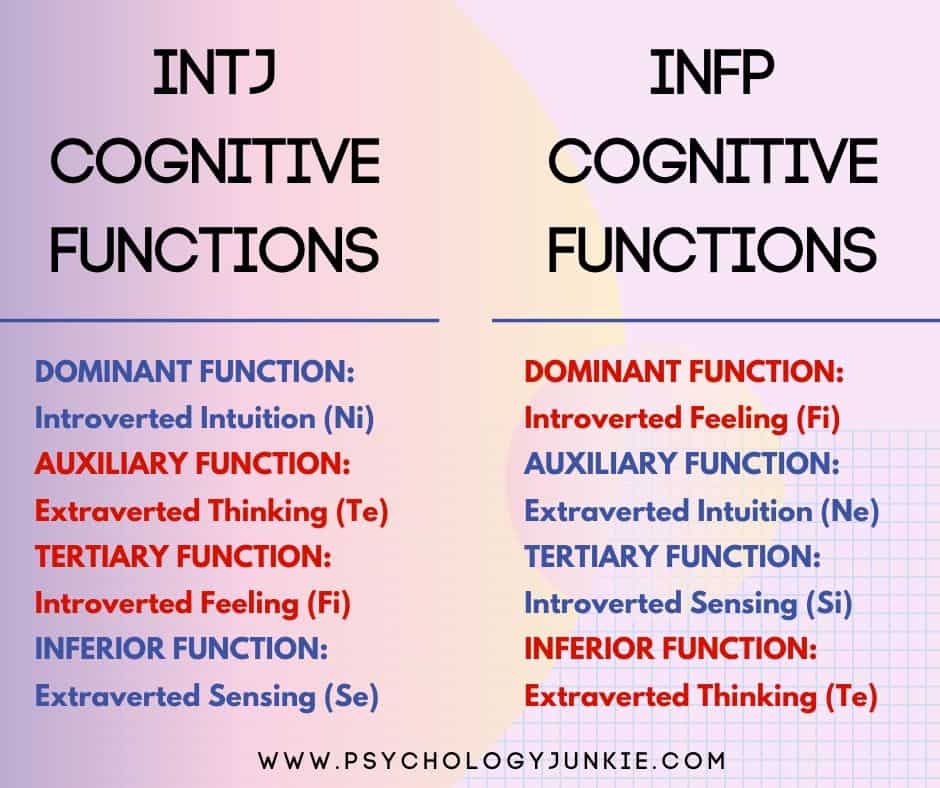
What are Cognitive Functions?
Cognitive functions are the mental processes that you use when you absorb information and make decisions. There are eight cognitive functions that Myers-Briggs® focuses on.
The names of the cognitive functions are as follows:
Extraverted Intuition
Introverted Intuition
Extraverted Sensation
Introverted Sensation
Extraverted Thinking
Introverted Thinking
Extraverted Feeling
Introverted Feeling
As we go through this article we’ll explore the ways that INTJs and INFPs use those mental processes in ways that complement each other, and can potentially cause conflict.
Shared Intuition – Different Attitudes About It:
INTJs look at the subjective, underlying meanings that reveal themselves from within. Their insights often reveal themselves out of nowhere, or in periods of silence and low-stimulation. They sift through insights and possibilities looking for the one that is most likely to play out in the future. The goal of their intuition is to funnel out possibilities until they reach one vision they can pursue whole-heartedly. When they find that vision they will put their heart and soul into it and will stop at nothing to achieve it.
INFPs generate possibilities in the outside world. The ideas they see branch out in all directions; one idea births another idea and they create a web of interrelated ideas and potentials. The goal of their intuition is to extrapolate more possibilities until they’ve explored all their options. Rather than narrowing down their ideas, as the INTJ does, they build upon their ideas. The focus is to generate more alternatives and connections to synthesize as many as possible.
Sensing – Different Perceptions:
INTJs have inferior Extraverted Sensation (Se). They will nearly always prefer the world of intuition over the world of sensation. However, their inferior sensing function balances out their insights with concrete details and experiences in the world around them. INTJs can tap into the present moment and have moments of intense clarity and focus. They can also become impulsive, adventurous, and obsessed with details when they’re stressed. It’s as if they have an inner thrill-seeker buried underneath their intellectual, quiet outer demeanor. They may spend a week buried deep in theories and analysis only to reach the weekend and throw their books aside to go white-water rafting, drinking, and trying new things (or, alternatively, cleaning everything in sight while blasting classical music). Since Se is the inferior function of the INTJ, they tend to trip up here. They can become irritable when the environment is loud and busy. They may lose track of concrete details or find sensational, sensory experiences “shallow.” Then when they are stressed they may seek out such experiences.
INFPs have tertiary Introverted Sensation (Si). This function gives them a sense of relief and security. They enjoy comforting routines that get them grounded in their body. These routines might be small, like having a particular flavor of tea before bed every night. Other routines might be more complex, like visiting a particular part of the country every year to commemorate an event. INFPs have very subjective impressions of the objects around them. When they look at an object they may not see what it is, but instead what it symbolizes based on their past experiences. A pen isn’t a pen, it’s a gift from their grandmother – it captures her heart, her spirit, and her generosity. INFPs see personal reminders and experience in the objects that they collect and can be quite sentimental about their things.
Shared Thinking – Different Levels of Priority
INTJs and INFPs share the same form of Thinking. They both value Extraverted Thinking (Te) when they decide. However, INTJs give higher priority to Te, while INFPs give a higher priority to Introverted Feeling (Fi).
When INTJs approach a decision, they look at the facts, the pros and cons, and what will yield the most effective, rapid, workable result. Afterwards, they’ll look at their values – does this seem right to them? Is it in line with their desires? What’s the worth in this decision for them personally? If INTJs are not well balanced, they may skip that last part altogether and focus almost entirely on the logic without taking the time to see how they really feel about it.
When INFPs approach a decision, they look at their values, feelings, and subjective ethics. Is this decision right for them? Are their emotions telling them anything about it? What does their gut say? What lines up with their purpose in life? Afterwards, they’ll weigh the pros and cons, the logic, and the cause and effect of the various options. If INFPs are not well balanced, they may skip that last part and jump to a decision based purely on their values and feelings without assessing the logic as well.
Both INTJs and INFPs crave effectiveness. Both enjoy collecting facts and being sensible. Rationality is important to both of these personality types. INTJs will just prioritize this far more than INFPs will.
Shared Feeling – Different Levels of Priority
INTJs and INFPs both value Introverted Feeling (Fi) over Extraverted Feeling (Fe). This means that when they make decisions, they will be more focused on how they feel about it and what’s right for them in their own conscience than getting the approval of the group. Less concerned with fitting in, INFPs and INTJs don’t mind being individualistic and idiosyncratic. They appreciate raw authenticity, integrity to one’s own vision, and a more internalized way of handling their own feelings. These types are less likely to blurt out all their emotions than they are to dwell on them in a private space, sorting them out independently. It’s more important for them to have inner harmony and serenity with themselves than to fit in with the group. This isn’t to say they don’t care for other people – both of these types are capable of great depths of caring and compassion. But they are more likely to pursue compassionate actions because their guide and conscience comes from within rather than without.
5 Joys of the INFP/INTJ Relationship:
#1 – They Spark Each Other’s Imagination
INFPs and INTJs both find joy in visualizing future possibilities and potential. More drawn to what “could be” than what “is,” they will likely spend many hours lost in deep conversation about the future, all they could do, all they could experience, and all the mysteries in life they want to explore. When they sit down to watch Netflix together, chances are, they’ll both be drawn to imaginative, meaningful films or shows that give them new ideas to toy with.
#2 – They Both Respect Each Other’s Space
INTJs and INFPs both have a great need for personal autonomy. They both strive for independence and need a great deal of time to themselves to process their thoughts and feelings. Since both of these types are introverts, they will be likely to grant each other the space and autonomy they need.
#3 – They Help Each Other Strengthen Their Weaknesses
INFPs can help INTJs to get more in touch with their deeper feelings and personal values. They can help them to look to their heart when they make decisions and consider what matters to them on a subjective, internal level.
INTJs, in contrast, can help INFPs to refine their goals and strategize ways to reach them. They have a skill for breaking down large tasks into smaller steps, and they can inspire INFPs to go after their dreams rather than just thinking about them.
#4 – They Both Are Relentlessly Curious
INFPs and INTJs are both drawn to novel and innovative ways of doing things. They enjoy amassing facts and learning new theories. They’d rather think outside-the-box than follow a conventional approach, and this shared passion can propel them down many exciting pathways in intellectual discovery.
#5 – They Are Both Deeply Loyal
INFPs and INTJs take their commitments to people very seriously. Neither are likely to be “players” (except on rare occasions). Both have deep, passionate feelings when they’re in a relationship, and are unlikely to be wishy-washy or careless about the person they choose to love.
3 Struggles of the INFP/INTJ Relationship:
#1 – Both Have Different Needs for Closure
INTJs like to have their lives planned out, decided, and prepared. They can become anxious and irritable when life lacks structure or clear direction. Being spontaneous or flexible can be a struggle for them because it makes them feel restless and uncertain how to plan their lives.
INFPs, in contrast, are more flexible and easy-going. Having all their time planned out can feel suffocating to them. They’re more likely to approach their day with a flexible, leisurely pace, whereas INTJs are more likely to approach their day with a clear plan, a to-do list, and specific goals.
Both of these types can get on each other’s nerves if they’re unwilling to oblige the other person’s needs. INFPs should try to be on time for dates, and remember obligations. INTJs should be careful not to micro-manage the INFP’s time or force them into too much structure. A certain amount of compromise is essential here.
#2 – Both Have Different Ways of Approaching Decisions
When INFPs and INTJs decide on something, INFPs will look to their values and personal feelings first, whereas INTJs will look at the logic and weigh the pros and cons first. INFPs may want to know how the INTJs “feel” about the decision, and the INTJ may feel that this is completely irrelevant. INTJs might want the INFPs to “get past” their feelings and focus on the logic first. This can result in fiery conflicts or bitter arguments if one or both types are being impatient. Each partner in this relationship needs to grant the other partner time to work through their personal feelings and the logical components of a decision. If one partner is being too one-sided then the other can gently remind them of either the Thinking or Feeling components they may need to address.
#3 – Different Needs for Emotional Connection
INFPs often (but not always) crave a stronger sense of emotional connection than INTJs do. They have rich, intense passions and want to feel a strong connection to the authentic passions of their partner. INTJs, in contrast, are often more detached from their feelings. More focused on impersonal analysis than inner emotional reflection, they can struggle to open up to their partner on the level or frequency that INFPs crave. This can result in frustration when INTJs feel pressured to be more emotionally demonstrative than they want to be or INFPs feel more distanced from their partner than they want to be.
What Are Your Thoughts?
Find out more about your personality type in our eBooks, The INTJ – Understanding the Strategist, Discovering You: Unlocking the Power of Personality Type, The INFJ – Understanding the Mystic, and The INFP – Understanding the Dreamer. You can also connect with me via Facebook, Instagram, or Twitter!
Other Articles You Might Enjoy:
The Flirting Style of the INFP Personality Type
INTJs and Their Compatibility with Every Myers-Briggs® Personality Type
How NOT to Flirt with Each Myers-Briggs® Personality Type




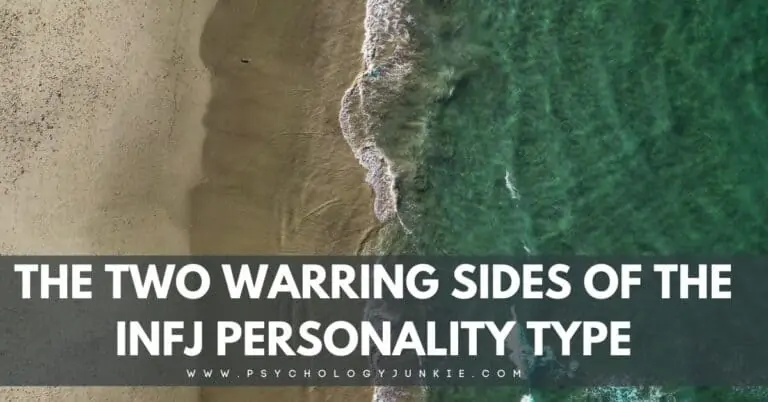

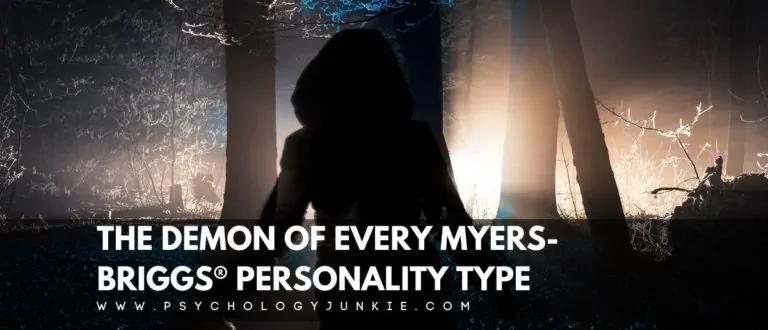
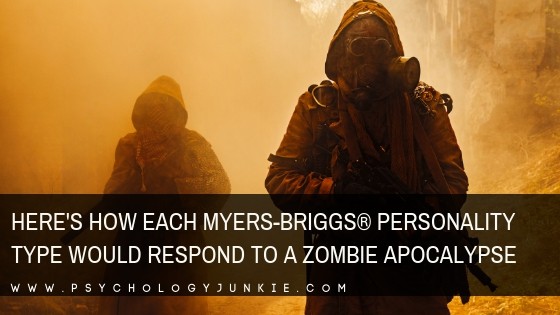
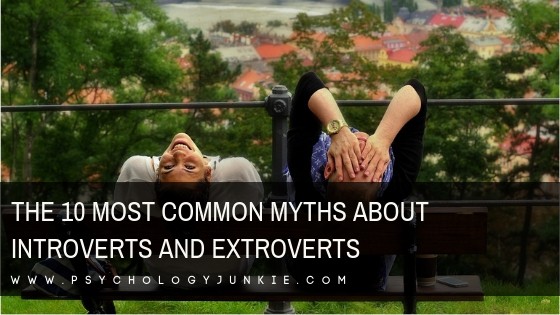

Great article! I love your work. I read your posts daily and Im very excited whenever you post. Your articles helped me soo much. I cant even describe how thankful I am. I truly apreciate your work and passion. Discovering this personality type system improved and changed my life for better sooo much. Thank you. I send to you lots of hugs and appreciation
Thanks so much for the kind word! This made my day 🙂
Can you also write an article about INFP and INFJ relationship? 🙂
I would love to! Thanks for the suggestion!
I think struggles may also come for an INFP when they want the INTJ to share their feelings, but this causes the INTJ to feel pressured and stressed, so the INFP may not understand what’s wrong because sharing their feelings is much more natural to them.
What about the tertiary functions?
The INFP can satisfy INTJ’s Fi, but the reverse is not true for the INFP’s tertiary Si. Doesn’t this create an unbalanced relationship to the INFP’s detriment?
As an INTJ woman, I can’t stand INFP. Yet, my husband is one.